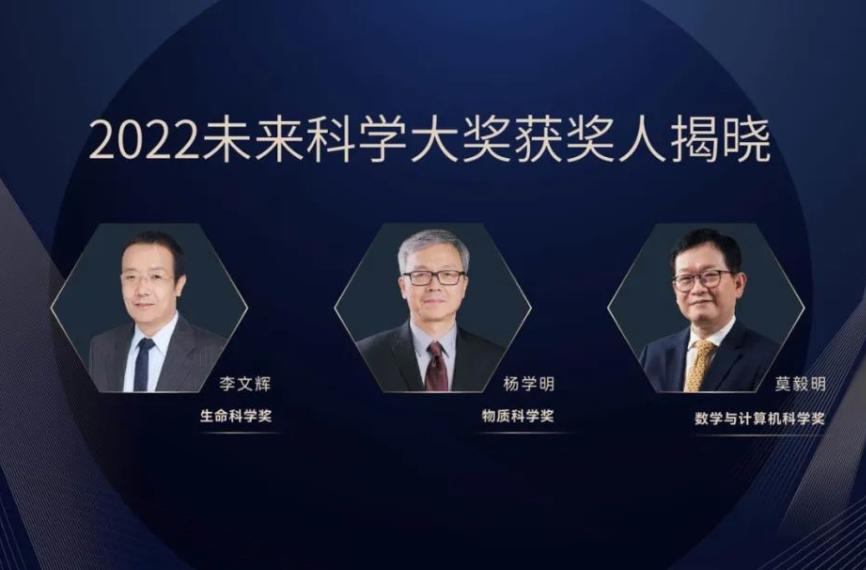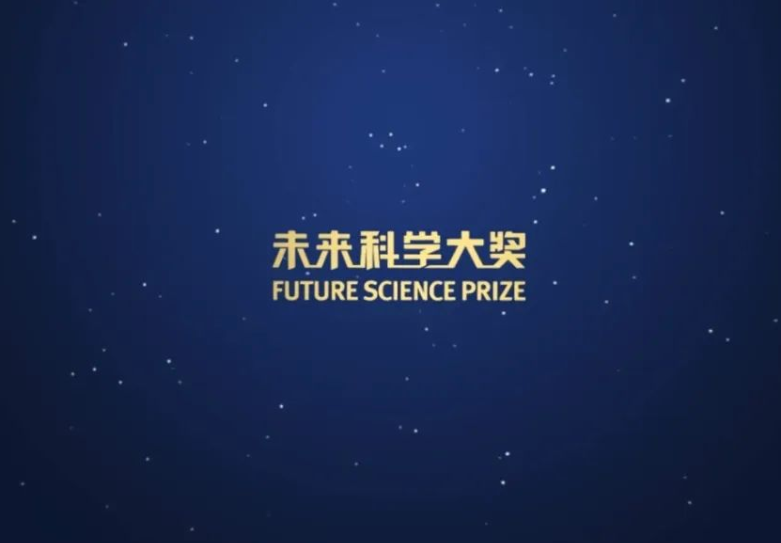Li Wenhui, an investigator at the National Institute of Biological Sciences, Beijing and a professor at the Tsinghua Institute of Multidisciplinary Biomedical Research, won the Future Science Prize in Life Sciences.

He was given the award for discovering that the receptor of hepatitis B and D virus infection in humans is the sodium taurocholate co-transporting polypeptide (NTCP). This discovery facilitates the development of more effective treatment for hepatitis B and D.
Another two winners include Yang Xueming, a researcher at the Chinese Academy of Sciences and Ngaiming Mok, a professor at the University of Hong Kong. They won the Physical Science Prize and the Mathematics and Computer Science Prize respectively.

The list of winners was announced by the Future Science Prize Science Committee on Aug 21.

Li Wenhui, born in China’s Gansu province in 1971, received his Ph.D. from Peking Union Medical College in 2001. During his postdoctoral research at Harvard Medical School, he revealed that severe acute respiratory syndrome-coronavirus (SARS) infects humans through the angiotensin-converting enzyme 2 (ACE2) receptor in 2003.
While working in the National Institute of Biological Sciences in 2012, he and his team discovered NTCP as a receptor for HBV and HDV infection. In November 2020, he was awarded the Baruch S. Blumberg Prize, the Hepatitis B Foundation’s highest honor, for the discovery.
In addition to continuing research on HBV treatment, Li and his team have devoted themselves to the development of anti-COVID-19 drug since the outbreak of the pandemic.
In the future, the new developed drug is expected to treat and prevent COVID-19 via inhalation or nasal spray, according to Li.
Founded in 2016, the Future Science Prize has been awarded to more than 20 scientists, including five from Tsinghua University, namely Xue Qikun, Shi Yigong, Wang Xiaoyun, Shao Feng and Li Wenhui.
Editor: Li Han

